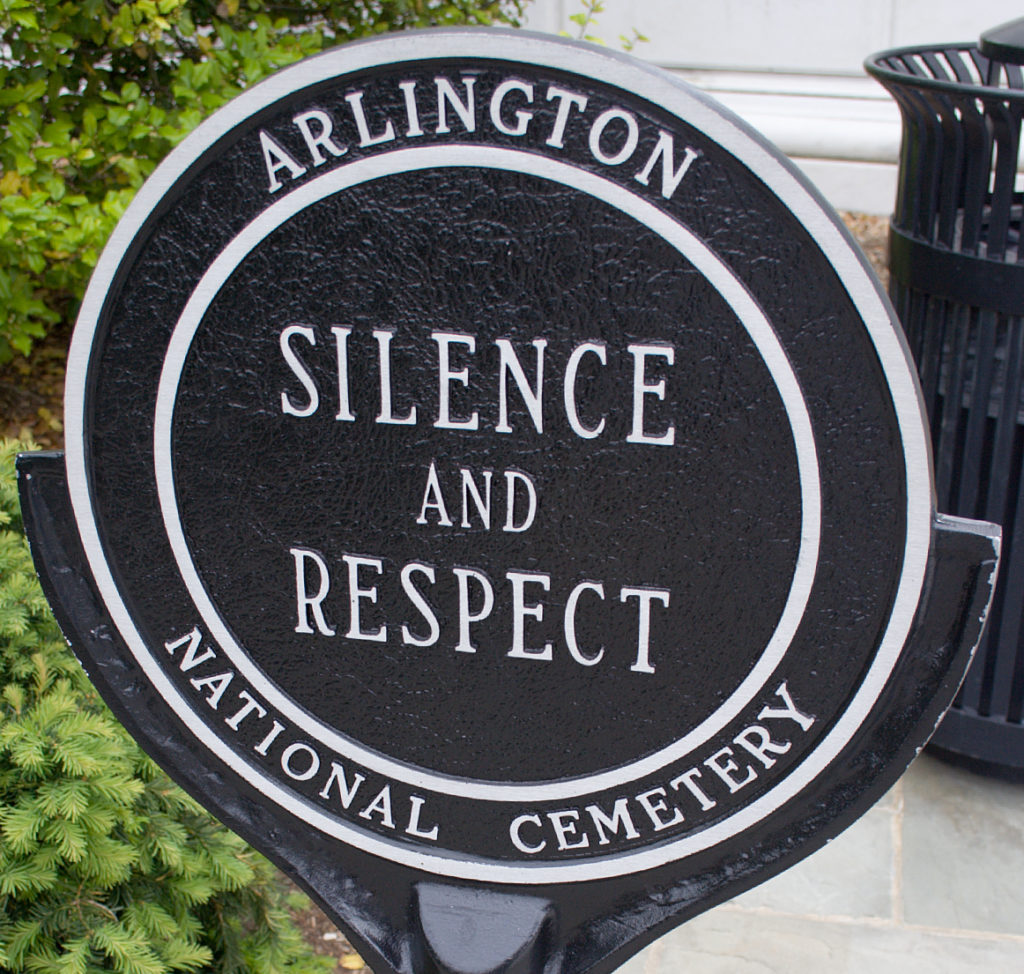“All battles are fought by scared men who’d rather be someplace else.”
Wendell Mayes, screenplay for In Harm’s Way
Terry Teachout on the arts in New York City
“All battles are fought by scared men who’d rather be someplace else.”
Wendell Mayes, screenplay for In Harm’s Way
Audie Murphy appears as the mystery guest on What’s My Line? This episode was originally telecast live by CBS on July 3, 1955. Murphy, the most decorated American soldier of World War II, later became a movie star. The panelists are Bennett Cerf, Arlene Francis, Dorothy Kilgallen, and Robert Q. Lewis and the host is John Daly:
(This is the latest in a series of arts- and history-related videos that appear in this space each Monday, Wednesday, and Friday)

Major Michelle A. Rakers and the United States Marine Band perform “Horkstow Grange,” a movement from Percy Grainger’s Lincolnshire Posy, in concert at the Moss Arts Center at Virginia Tech, Blacksburg, Virginia, in 2015:
Lincolnshire Posy is a six-movement suite for concert band composed by Grainger in 1937. The thematic material is drawn from English folk songs that were collected by Grainger in the field early in the twentieth century. He learned this folk song in July of 1905 from the singing of George Gouldthorpe, a lime-burner who was born sometime around 1840. To read Grainger’s program note for Lincolnshire Posy, which contains a detailed account of how he collected “Horkstow Grange” from Gouldthorpe, go here. To hear the actual wax cylinders on which Grainger made his original field recordings of the songs used in Lincolnshire Posy, including Gouldthorpe’s 1905 performance of “Horkstow Grange,” go here.* * *
(This is the latest in a series of arts- and history-related videos that appear in this space each Monday, Wednesday, and Friday)
“More than an end to war, we want an end to the beginnings of all wars.”
Franklin D. Roosevelt, undelivered address scheduled for the day after his sudden death on April 12, 1945
* * *
As America’s pandemic-shuttered drama companies prepare to reopen, many of them are still webcasting plays to divert frustrated theater lovers who haven’t seen a show in person for nearly 14 months. Most are newly staged, but some are either archival videos (usually of good technical quality) made by the companies in question or performances that were previously taped for television. Some of the TV outlets that aired those performances have since posted them on their own websites. The WNET Group, for instance, has posted several plays that were originally seen on “Theater Close-Up,” a public TV series that sporadically telecast off-Broadway productions.
One of the “Theater Close-Up” webcasts that I’m just getting around to watching is “Incident at Vichy,” one of Arthur Miller’s lesser-known plays, which had its premiere in 1964 and was revived by New York’s Signature Theater 51 years later and telecast in 2016. Like so many of Miller’s plays, it is sounder in conception than in execution, but it gains in concentration from being viewed at home, and this production, directed by Michael Wilson, works even better as a webcast than it did when I saw it in the theater in 2015….
“Incident at Vichy” is set in “a place of detention” somewhere in Vichy France in 1942. The action takes place in the grubby waiting room of an office where Nazi detectives are interrogating a group consisting mainly of Frenchmen. They appear to have little else in common, though, and it turns out that what we have here is a “Grand Hotel”-like tale in which a cross-section of humanity is brought together, wound up, and set in dramatic motion….
This is a superbly promising idea for a play, but the trouble with “Incident at Vichy” is that Miller doesn’t infuse it with much stage action. Instead, his characters give speeches, lots and lots of speeches, all of them in the well-known Miller manner, at once preachy and prosy…
* * *
Read the whole thing here.“I want to reach that state of condensation of sensations which constitutes a picture.”
Henri Matisse, Notes of a Painter
“One half of the world cannot understand the pleasure of the other.”
Jane Austen, Emma
| M | T | W | T | F | S | S |
|---|---|---|---|---|---|---|
| 1 | 2 | 3 | 4 | 5 | 6 | |
| 7 | 8 | 9 | 10 | 11 | 12 | 13 |
| 14 | 15 | 16 | 17 | 18 | 19 | 20 |
| 21 | 22 | 23 | 24 | 25 | 26 | 27 |
| 28 | 29 | 30 | ||||
An ArtsJournal Blog